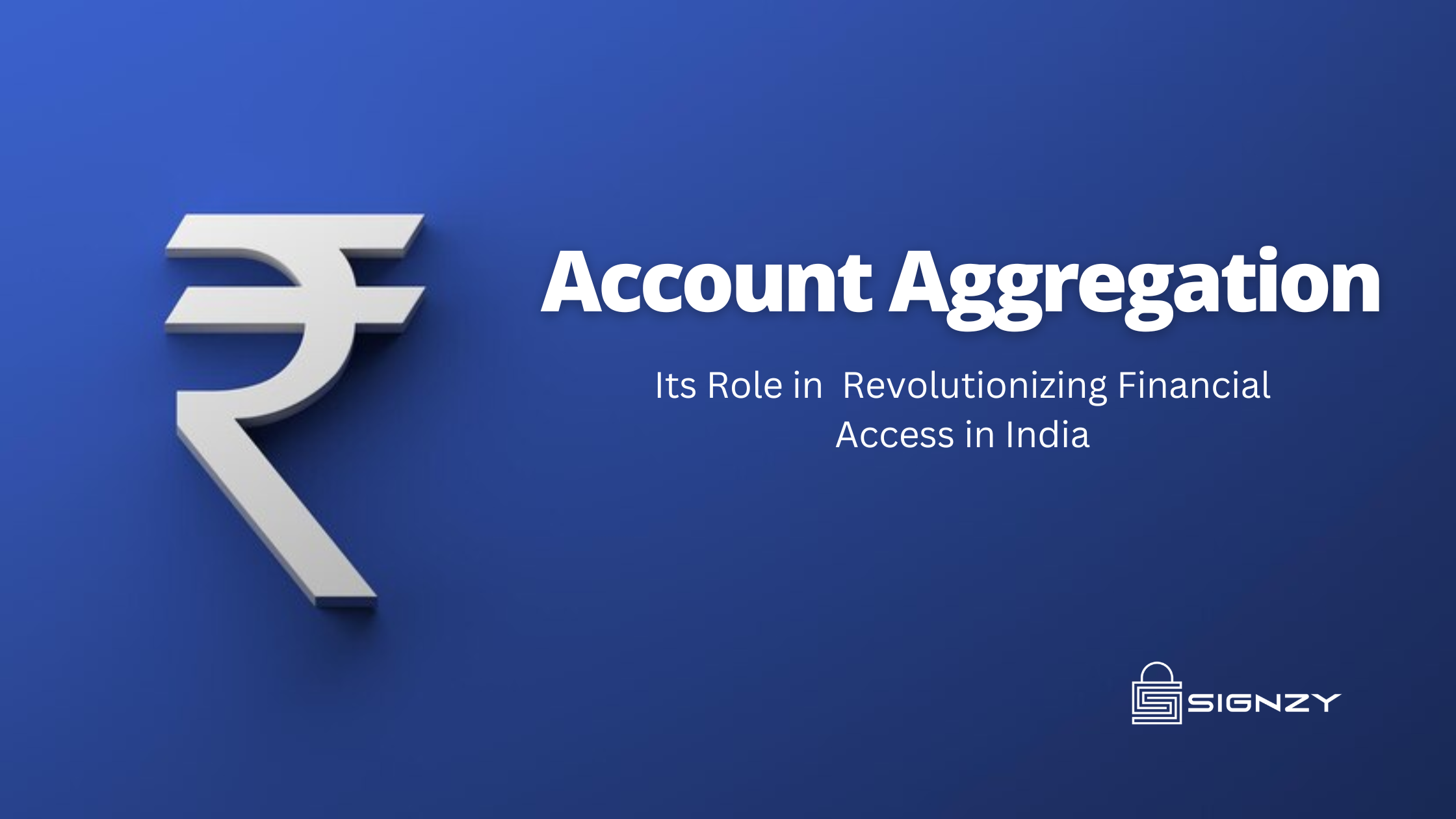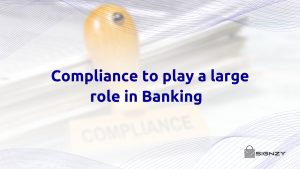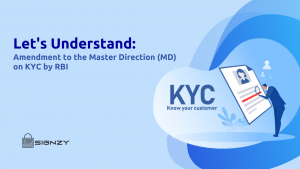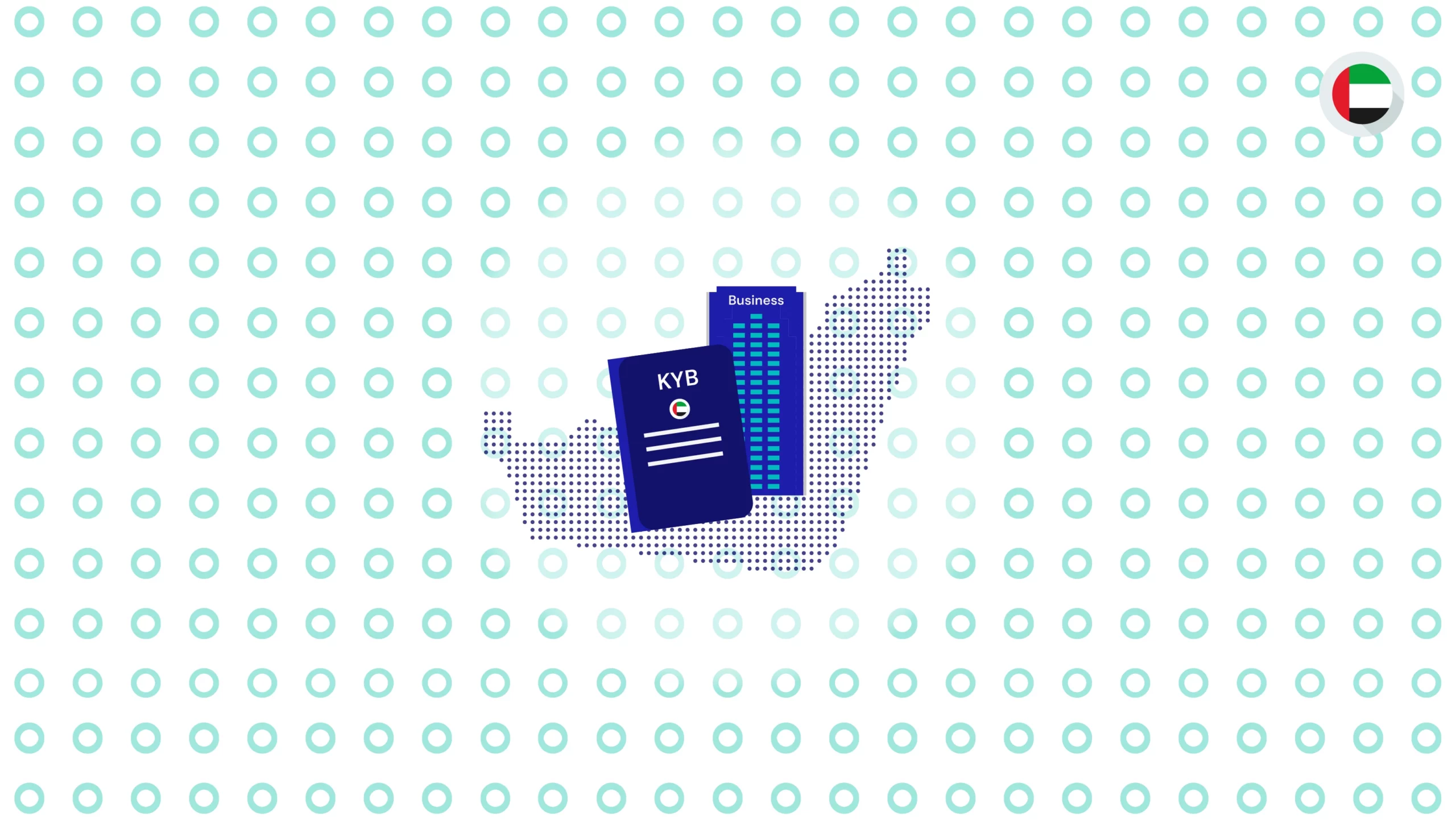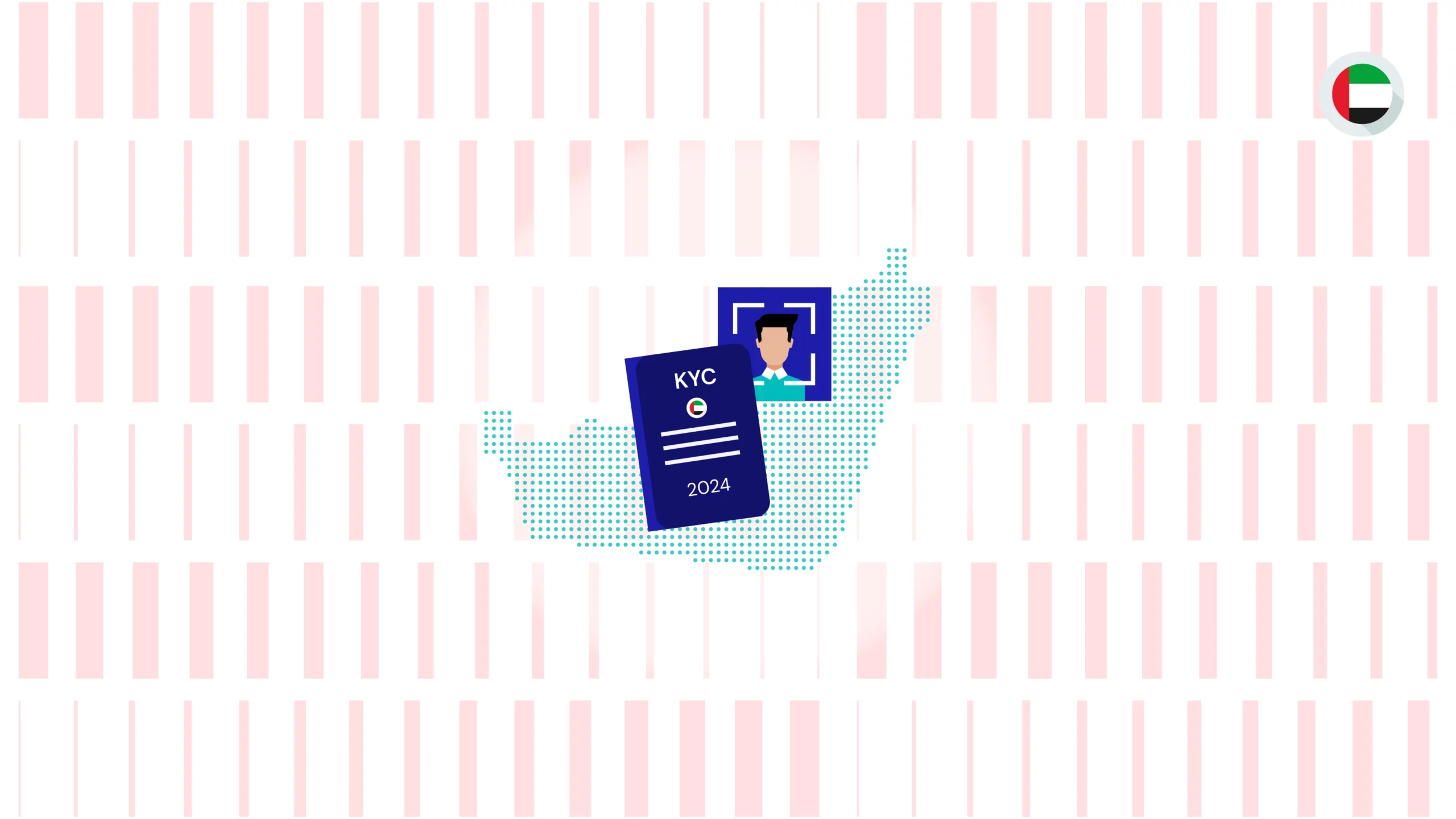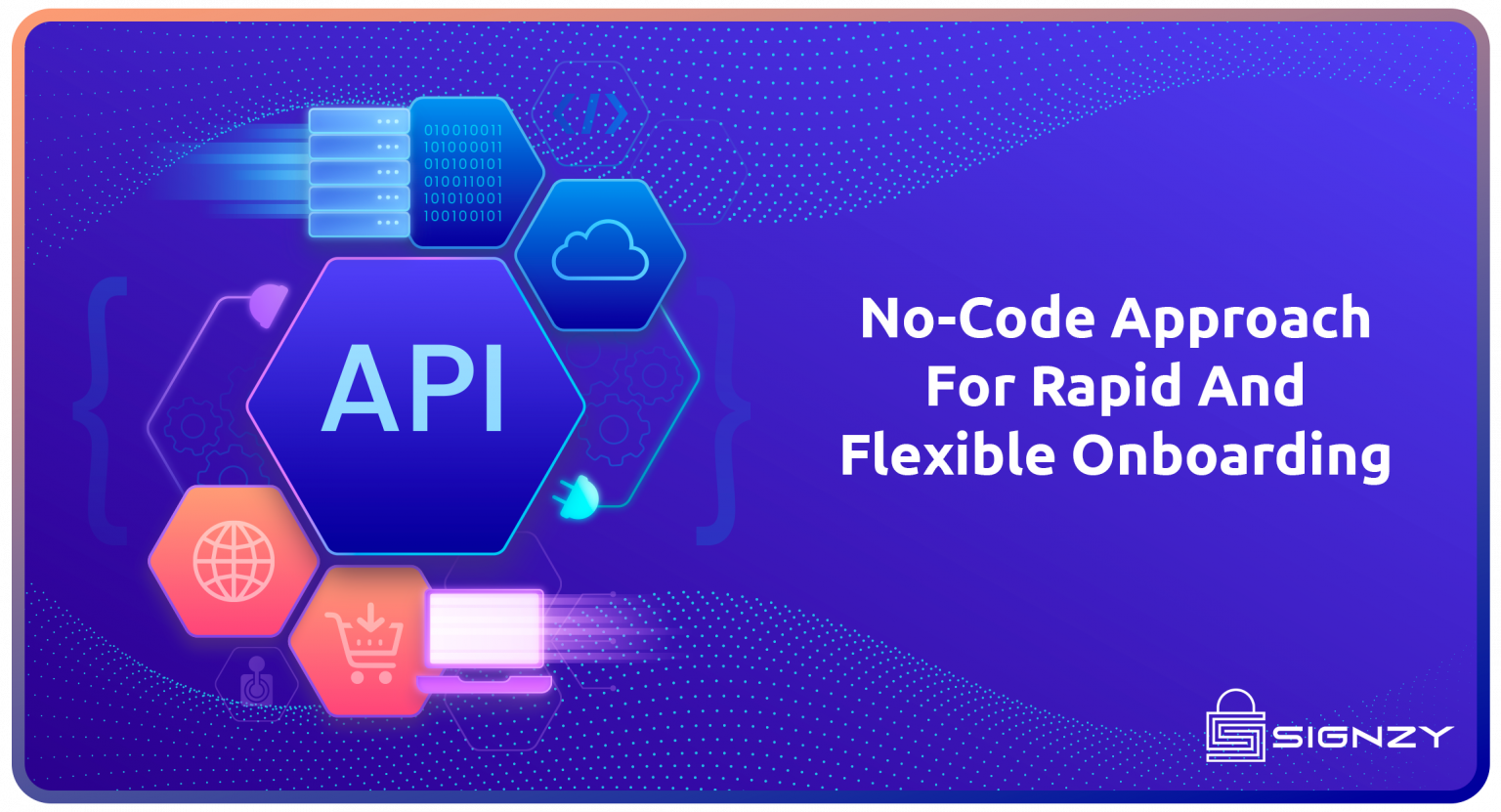Revolutionizing India’s Financial Access through Account Aggregation
December 19, 2023
7 minutes read
India’s financial landscape is undergoing a remarkable transformation, thanks to the advent of account aggregation (AA). This innovative concept is not just a technological advancement; it’s a paradigm shift in financial data management and access. Let’s explore how account aggregation is revolutionizing financial access in India, making it more inclusive, efficient, and secure.
The Concept and Its Emergence
Account aggregation is a digital service that consolidates financial information from multiple accounts into a single platform. This service, facilitated by entities known as Account Aggregators, is transforming how individuals and businesses manage their financial data.
The benefits of account aggregation are numerous. Firstly, it enhances convenience by saving individuals and businesses from the hassle of logging into multiple websites or applications to track their financial activities. This unified access is not only a time-saver but also provides a more holistic understanding of one’s financial situation.
Secondly, account aggregation supports better financial decision-making. By having all financial data in one place, users can analyze their spending patterns, investments, and savings more efficiently. This holistic view aids in budgeting, investment planning, and even detecting fraudulent activities.
The Indian Scenario
In India, the account aggregation framework is a pioneering initiative in the financial sector, operating under the stringent guidelines of the Reserve Bank of India (RBI). This system is designed to empower consumers by providing them with a consolidated view of their financial information across various institutions. The key to its effectiveness lies in the use of standardized Application Programming Interfaces (APIs), which ensure seamless interoperability across diverse financial platforms.
These standardized APIs play a crucial role in the ecosystem. They enable different financial institutions, such as banks, insurance companies, and investment firms, to connect and share data in a secure and efficient manner. This uniformity in data sharing protocols not only enhances the user experience by providing a consistent interface but also significantly reduces the complexity and costs associated with integrating multiple systems.
The Impact of Account Aggregation on Financial Inclusion
The impact of account aggregation on financial inclusion is profound and transformative. By consolidating financial data from various sources into a single platform, account aggregation significantly lowers the barriers to financial services for underserved populations.
- Enhanced Credit Access: Account aggregation allows for a more comprehensive view of an individual’s or business’s financial situation, helping financial institutions make more informed lending decisions. This can lead to increased access to credit for those who previously might have been excluded due to lack of traditional financial records.
- Improved Risk Assessment: By providing a detailed financial profile, account aggregation aids lenders in better understanding the risk profiles of potential borrowers, leading to more accurate and tailored financial services.
- Democratization of Financial Services: The technology enables broader segments of the population, especially those in underserved or rural areas, to access financial services that were previously inaccessible, thereby democratizing financial services.
- Financial Empowerment: Individuals and small businesses gain better control over their financial health through easy access to their consolidated financial information, empowering them to make more informed financial decisions.
- Innovation in Financial Products: The availability of detailed financial data sparks innovation in financial products and services, leading to the creation of more personalized and suitable offerings for diverse consumer needs.
Enhancing Credit Accessibility and Efficiency with Account Aggregation
Account aggregation significantly enhances credit accessibility and efficiency, marking a pivotal shift in the financial landscape. By consolidating financial data from multiple sources, this technology provides lenders with a comprehensive and nuanced view of an individual’s or business’s financial health.
This holistic perspective facilitates a more accurate assessment of creditworthiness, enabling lenders to extend credit to a broader segment of the population, including those previously marginalized due to lack of traditional credit history.
Additionally, the streamlined process reduces the time and resources required for credit assessment, making the lending process more efficient. Borrowers benefit from quicker loan approvals and potentially more favorable terms, while lenders can manage risks more effectively.
This synergy of improved accessibility and operational efficiency not only stimulates economic growth but also fosters a more inclusive financial ecosystem, where more individuals and businesses can participate in and benefit from financial services.
Personalization of Financial Services
Account aggregation has ushered in a new era of personalization in financial services, tailoring products and advice to individual needs like never before. This personalization is driven by the deep insights gained from the comprehensive view of a customer’s financial data across multiple accounts and institutions. Financial service providers can now offer highly customized advice, products, and services that align closely with an individual’s spending habits, investment preferences, risk tolerance, and financial goals.
Data Security and Privacy in Account Aggregation
In the realm of account aggregation, data security and privacy are of paramount importance, given the sensitivity of financial information involved. Account aggregators employ robust security measures, including advanced encryption, secure data transmission protocols, and stringent authentication processes, to protect data from unauthorized access and breaches.
Furthermore, these systems operate on a consent-based model, ensuring that personal and financial data is shared or accessed only after explicit approval from the user. This empowers users with control over their data, fostering trust and compliance with privacy regulations. Regular audits, compliance checks, and adherence to data protection laws further reinforce the security framework, making account aggregation not just a convenience but also a secure gateway to financial data management.
Building Trust in Digital Services with Account Aggregation
Account aggregation plays a crucial role in building trust in digital financial services. By offering a secure, transparent, and user-controlled approach to managing financial data, it addresses key consumer concerns about privacy and data security. Users can grant and revoke consent for data sharing at their discretion, fostering a sense of empowerment and control over their personal information.
The transparency in how data is used and shared helps demystify the digital financial landscape for consumers, building confidence in these services.
Additionally, the reliability and accuracy of aggregated financial data enhance user trust in the quality of digital financial offerings. Regular compliance with stringent regulatory standards and the use of state-of-the-art security measures further reinforce this trust.
Conclusion
Account aggregation is more than a technological innovation; it’s a catalyst for a financially empowered and inclusive India. By simplifying financial management and opening new avenues for financial inclusion and innovation, it marks a significant step towards a future where financial services are accessible to all.
About Signzy
Signzy is a market-leading platform redefining the speed, accuracy, and experience of how financial institutions are onboarding customers and businesses – using the digital medium. The company’s award-winning no-code GO platform delivers seamless, end-to-end, and multi-channel onboarding journeys while offering customizable workflows. In addition, it gives these players access to an aggregated marketplace of 240+ bespoke APIs, easily added to any workflow with simple widgets.
Signzy is enabling ten million+ end customer and business onboarding every month at a success rate of 99% while reducing the speed to market from 6 months to 3-4 weeks. It works with over 240+ FIs globally, including the 4 largest banks in India, a Top 3 acquiring Bank in the US, and has a robust global partnership with Mastercard and Microsoft. The company’s product team is based out of Bengaluru and has a strong presence in Mumbai, New York, and Dubai.
Visit www.signzy.com for more information about us.
Contact us directly!
